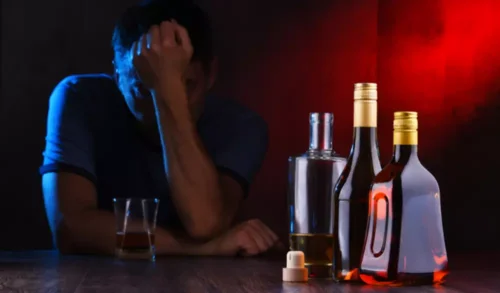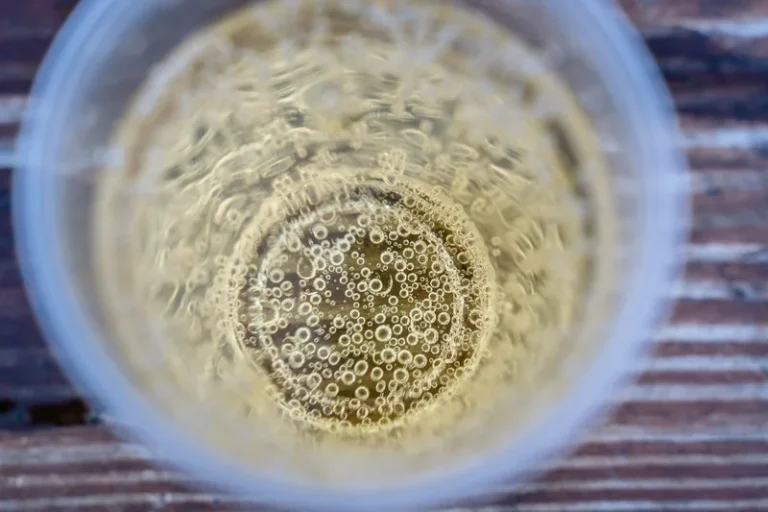
But even though more and more people are using marijuana and it is less addictive than other drugs, users aren’t exempt from the symptoms of withdrawal. Use of the drug can also worsen the course of illness for patients who have schizophrenia. A series of large, longitudinal studies also shows a link between marijuana and the development of psychosis. “There is an urgent need to develop effective treatments, either behavioral or pharmacological, for cannabis use disorder,” says Yale Medicine psychiatrist Deepak Cyril D’Souza, MD, a Yale Medicine psychiatrist. “It is likely that the combination of behavioral and pharmacological approaches will be superior to either alone.”
How much THC can I consume?

In March, Harris called on HHS and the Justice Department to speed up reclassification during a discussion with rapper Fat Joe and others who had been pardoned for weed convictions. The California Democrat has advocated for decriminalizing marijuana but she wasn’t always so lenient. Harris has been criticized for aggressively prosecuting weed-related crimes when she was California’s attorney general and San Francisco’s district attorney, particularly given the the racial disparities in punishment nationwide. Data shows that African Americans are more likely than whites to be arrested for pot. Harris’ loosening opposition to marijuana appears to have begun when she was in the U.S.
- They can also be signs that additional help may be needed to ease or resolve your depressive symptoms.
- They came to our clinic for its nonjudgmental health care,” Smith recalls.
- Dr. D’Souza and others at Yale Medicine are hard at work developing the most promising behavioral, pharmacological, and combined treatments for cannabis use disorder.
- Harris, who has faced criticism from progressives for her tough-on-crime approach to criminal justice, acknowledged that in the past she “had concerns” about marijuana.
- For those with PTSD who experience nightmares, it shuts down the process by which dreams form in the brain.
- In addition to changes in reward processing, chronic cannabis use also seems to affect emotion processing.
- Regular or heavy use of cannabis can result in the development of tolerance and dependence.
Who Is At Risk for Marijuana Abuse?
The remaining issue simply asks whether the substance is a precursor to another controlled substance. Their main danger is causing relapse in someone who really wants (or needs) to quit cannabis, with one study finding that 70.4% of users trying to quit smoking marijuana relapsed to relieve the withdrawal https://ecosoberhouse.com/ symptoms. Research suggests that approximately nine percent of users develop addiction. The estimated incidence of addiction increases among those who start using at a young age (an estimated 17 percent develop addiction) and among people who use the drug daily (an estimated percent become addicted).
Long-Term Effects of Cannabis on the Brain: Neuroimaging Studies
- The American Society of Addiction Medicine (ASAM) generally favors a gradual tapering approach to help minimize severe withdrawal symptoms.
- The plant has historically been used recreationally for its mind-altering effects, which can include enhanced senses and changes in mood.
- The parallel schemes enriched and empowered Chinese criminal groups at a time when marijuana laws were loosening and the Mexican cartels were flooding the country with fentanyl.
Your healthcare provider may prescribe medications to treat co-occurring mental health disorders. For example, they might prescribe antidepressants to treat symptoms of anxiety or depression. marijuana addiction After examining the acute and long-term effects of cannabis, CUD appears to conform to the general patterns of changes described in the Koob and Volkow model of addiction.
Chronic cannabis abuse is modeled in animals with repeated treatments of cannabis (through smoke exposure) or THC and other cannabinoids (typically intravenous injections). Headaches, like most other symptoms of withdrawing from marijuana use, will usually begin one to three days after quitting and peak two to six days after stopping. This marijuana withdrawal symptom usually fades after two weeks, but some former smokers report continued symptoms for several weeks or even months. More than half of those trying to stop cannabis use report experiencing mood swings, irritability, or anxiety.

Depending on how much and how often you have been smoking, these symptoms could become intense enough to drive you to relapse to find relief. In some cases, marijuana users have experienced several weeks or months of withdrawal symptoms. This is known as post-acute withdrawal syndrome (PAWS) and can also be effectively treated with professional intervention. Many of these weed withdrawal symptoms occur within 24 to 72 hours of stopping heavy use.
To diagnose cannabis use disorder, a healthcare provider assesses the person’s history. This includes whether they or their immediate family members have a history of substance abuse or mental health issues and also includes their medical history and exposure to environmental stress. Neuroadaptations in glutamatergic signaling resulting from repeated cannabis use are likely also implicated in periods of cannabis abstinence and craving (Samuni et al. 2013). This theory is supported by a review of animal studies that demonstrated increased glutamate signaling during drug self-administration and relapse, offering a potential neurochemical target for treatment in preventing craving and subsequent relapse.